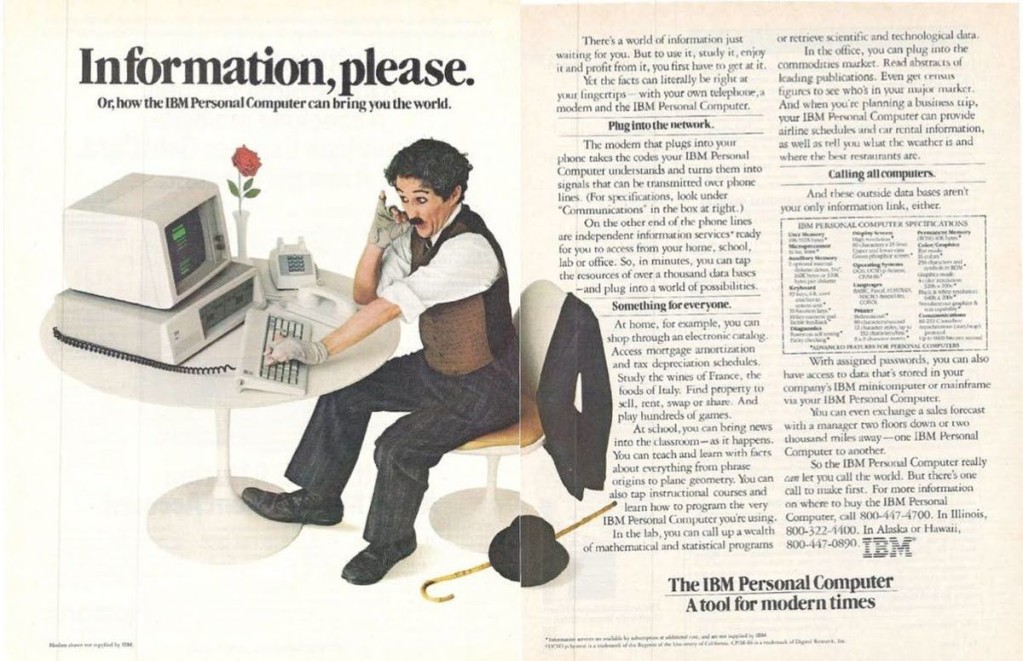Oh sure, you think it’s impressive when you upload a vinyl-only DJ set. But real analog purists run their whole operating system on analog.
Yes, for some reason, Slovak engineer Jozef Bogin applied his knowhow to solving a problem that plagued … uh, well, him evidently … by figuring out how to boot a PC from a vinyl record.
Turn the sound down before you play this.
The computer: the classic IBM PC, aka IBM 5150.
The boot loader: an analog audio interface intended to be used with a cassette interface in a pinch. (That was standard procedure for a number of early computers; IBM in this case seems to have just kept it as a failsafe in case all your drives broke at once but you still wanted to load.)
The operating system: MS-DOS, loaded as audio onto a record player and then played into the PC.

It’s great, though; even programming BASIC suddenly has real warmth and dynamic. Sure, there’s a scratch or two on your spreadsheet, but it feels more emotional.
It’s actually wired into the PC speaker timer channel and the peripheral input port, and then demodulated from audio signal via BIOS. (In case this seems arcane, these techniques do sometimes have modern equivalents – KORG used audio signal as an input method for its volca sample, for instance. and even open sourced the library.)
Jozef posted full instructions in case you want to try this yourself, and an insane amount of detail – as there’s a lot of fine work required to actually make this work. I mean, another lockdown, you’re bored with sourdough, I guess you could boot the IBM in your garage from a turntable; why not?
Speaking of MS-DOS, in comments they note a really nice minimal record came out in October under the MS-DOS moniker (and catalog MSDS001). I looked it up and it sounds great; obviously, ‘DOS’ is very on trend this year.
The rest of us can plan for August of next year, as it’ll be the 40th anniversary of the IBM 5150. It’s also the anniversary of Dave Smith’s first AES paper on what would become MIDI, but that used a Commodore. IBM’s machines would get MIDI, though, thanks to Roland and their MPU-401.
Link stolen from Lkewis Hackett of https://www.prefixstudios.com